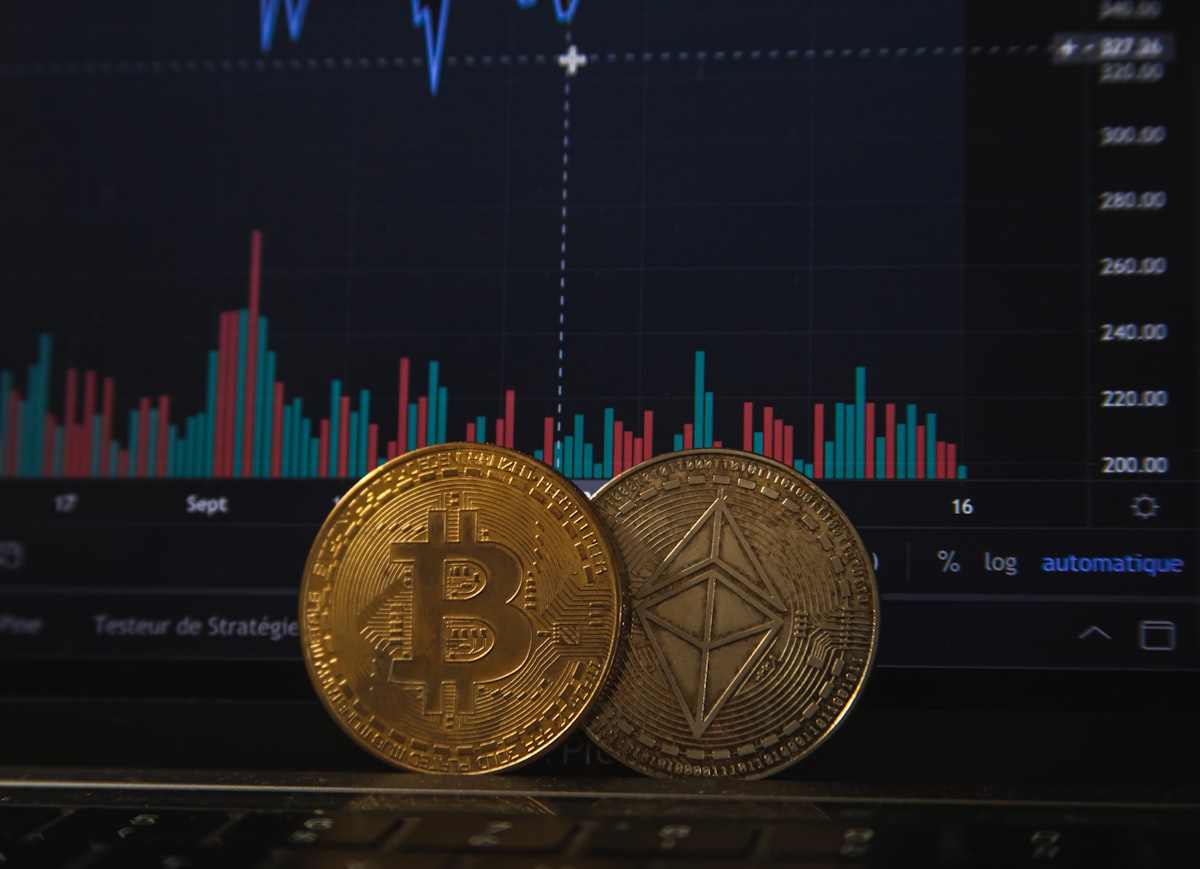Bitpapa Rolls out a Cryptocurrency Payment Gateway

A payment gateway is a third-party service used by online stores to process customer payments that frees merchants from the pains of building their own payment solutions. Then, a cryptocurrency payment gateway is the one that allows merchants to accept Bitcoin and other cryptos as a payment medium.
Bitpapa, a peer-to-peer marketplace, is developing its own implementation of such a service – Bitpapa Pay.
The Need for Cryptocurrency Payment Gateways
There are different types of cryptocurrency payment gateways in existence today. But they all try to do basically the same stuff, and that boils down to making the lives of people willing to buy goods and pay with crypto easier. After all, that’s what cryptocurrencies (or any currency, for that matter) are created to be – a means of payment in its own right.
Instead, cryptocurrencies turned into speculative assets. Some more, some less, but the sad reality is you can’t buy much with any of them. There’s no lack of reasons and explanations why it is so, either. One of them is the sheer amount of effort it takes to integrate crypto as a payment solution for online stores (in fact, more like a whole bunch of cryptos).
On the one hand, there are cryptocurrency users who are willing to pay with a cryptocurrency for something they want. On the other, there are merchants who would like to accept crypto as payment. And still, both parties to the potential trade end up accusing each other of failing to meet their interests.
Buyers are saying that there are not many merchants around readily accepting crypto. Merchants, in turn, are claiming there’s not enough demand to justify the adding of the crypto payment option. Obviously, this creates a deadend, a Catch-22 situation if you will, even though neither party is at fault here.
Cryptocurrency payment gateways are looking to resolve this dilemma by offering online stores and businesses a simple tool that would allow them to start accepting crypto without a lot of headaches as well as overhead costs.
So, there are two varieties of cryptocurrency payment gateways – the ones with a fiat option and the ones without. The gateways with a fiat option (for example, Coinbase Commerce) allow customers to pay with crypto by converting their coins into fiat on behalf of merchants. Accordingly, merchants receive fiat into their bank accounts linked to their gateway account.
The other type of cryptocurrency payment gateway allows customers and merchants to pay and get paid in crypto, without the need to involve fiat in the process. Unlike the first variety, all-crypto payment gateways allow businesses and customers to avoid the unnecessary costs associated with fiat payments and ensuing currency conversions.
Bitpapa Pay is taking the second route, with a few useful perks.
How It Works
Bitpapa Pay extends the functionality of the p2p marketplace it is based on. The service supports such cryptocurrencies as BTC, ETH, TON, XMR (Monero) as well as USDT stablecoin (with more to be added in the coming months), and customers can pay with these cryptos in online stores that use Bitpapa Pay.
Businesses may be interested in Bitpapa Pay for a host of reasons. Unlike traditional banks, crypto transactions are processed non-stop, 24/7, without weekends and holidays. Blockchains do not differentiate between local and overseas transactions – you pay only as much. There's also no risk of chargeback – once the transaction is confirmed, the payment is settled for good.
For a merchant, the process of activating and using Bitpapa Pay comes down to registering on the platform (which automatically creates a cryptocurrency wallet linked to the merchant’s account on Bitpapa) and integrating Bitpapa Pay widget into their online shop.
The widget is compatible with most CMS platforms, and within a few minutes, you will be able to start using Bitpapa Pay and begin receiving payments with no additional setup costs. Once the payment has been made, you will be instantly notified on the marketplace’s Dashboard, with your transaction processed immediately.
For a customer, Bitpapa Pay offers two payment options that become available after you choose to pay with crypto at the checkout page of a Bitpapa Pay-enabled online store.
You can choose to buy goods with crypto even if you don’t have the cryptocurrency. You pay with fiat, and in this case, Bitpapa Pay works as a fiat to crypto gateway by automatically converting your fiat payment to cryptocurrency via a p2p trade on the Bitpapa marketplace. It may come in handy when, for example, an online store offers a discount for crypto payments on weekends and holidays.
Conversely, if you have crypto, you simply select it in the list of cryptocurrencies that the merchant has enabled on their site. You have about 30 minutes within which the exchange rate is locked in to protect you from price fluctuations. After you make the payment and the transaction appears on the network, you are pretty much done with the purchase.
In this manner, the merchants can receive payments from anywhere in the world in the cryptocurrency of their choice in a transparent and secure way, while the customers will be able to enjoy all the benefits of cryptocurrency payments.
Bitpapa Pay is a win-win solution for customers and merchants alike.
Summary
Despite the explosive expansion of cryptocurrencies and the dramatic shift toward online shopping, there is still a wide gap that separates cryptocurrency users from online retailers. By developing its own cryptocurrency payment gateway, Bitpapa aims to bridge this gap. Equipped with Bitpapa Pay, stores will be able to leverage the plethora of opportunities that the crypto space provides and notch up their sales as a result.
But most importantly, it will also contribute to solving the perpetual problem that this space has been facing since its inception. Bitpapa Pay will help users to spend their coins in a truly meaningful way, that is, as a means of exchange for goods and services.




